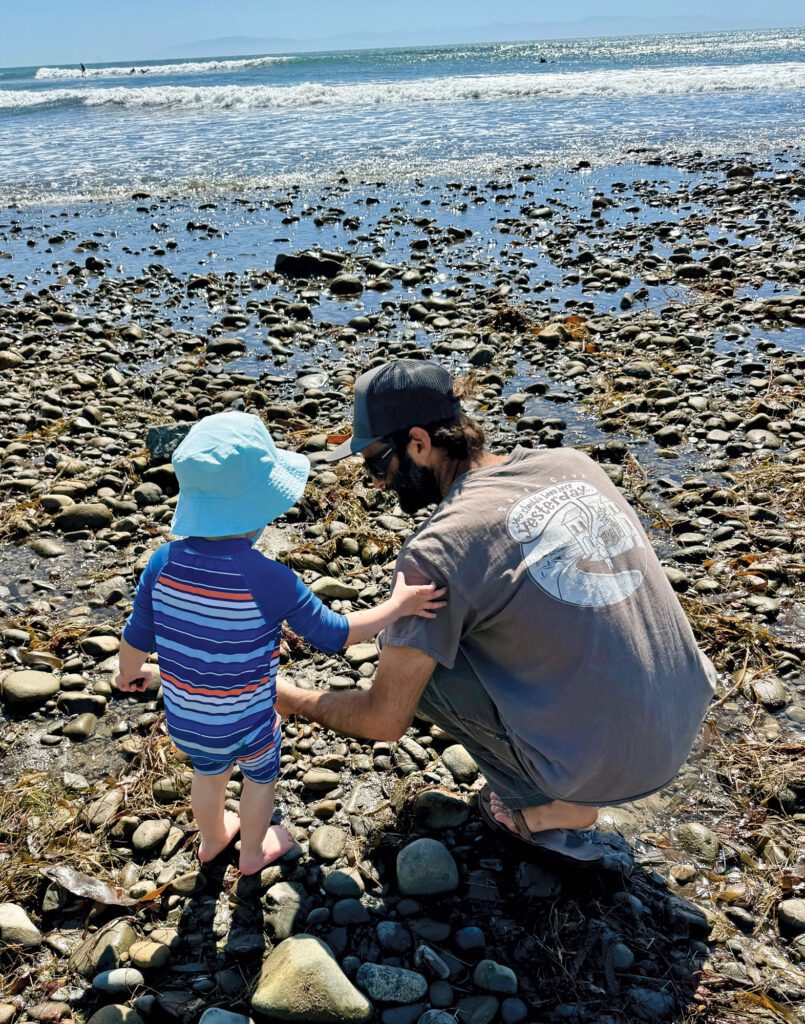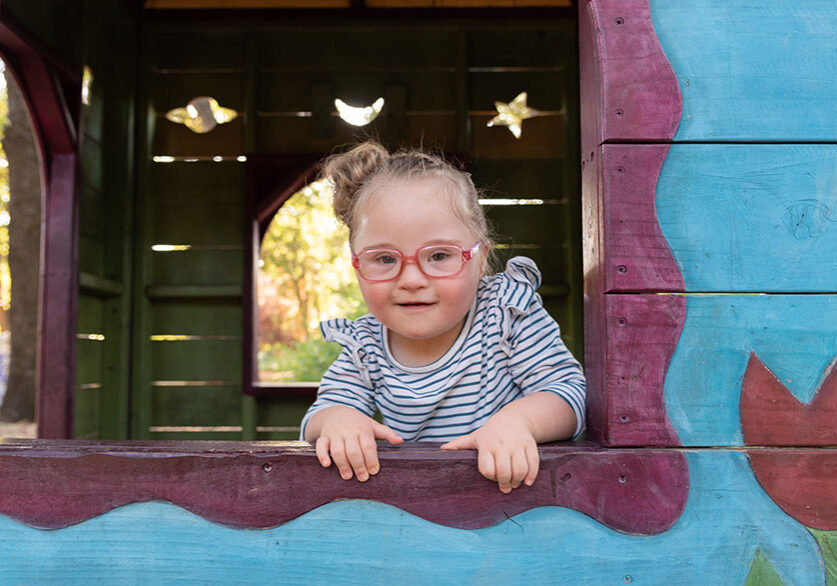 Summer vacation with the family is a chance to break away from the routine, explore new destinations and create lasting memories together. However, for parents of children with disabilities, especially those with sensory issues, the thought of traveling can cause anxiety rather than excitement.
Summer vacation with the family is a chance to break away from the routine, explore new destinations and create lasting memories together. However, for parents of children with disabilities, especially those with sensory issues, the thought of traveling can cause anxiety rather than excitement.
Finding destinations catering to your child’s needs without compromising on fun can be challenging, but it’s achievable with some thoughtful planning. Here are some sensory-friendly vacation ideas to consider for your next family trip.
Activities and experiences in nature help sensory integration, mindfulness and more
From national parks to forests and lakes, the serenity and natural beauty of the outdoors can be soothing and offer a tranquil environment free from the overwhelming stimuli of crowded tourist spots. Fortunately for us, the North State has an abundance of beautiful nature retreats to choose from. Getting out into nature is particularly beneficial for children with sensory issues, as it offers a serene backdrop that supports stress relief, mindfulness and grounding activities, helping children with sensory sensitivities to manage overload more effectively.
Activities in nature, such as walking barefoot or swimming, allow for unique experiences and encourage physical activity, which is crucial for sensory integration. Additionally, nature’s calming effect can enhance focus, cognitive function and social-emotional development by providing a relaxed setting for interaction and exploration. The flexibility and tranquility of natural settings make them ideal for children seeking relief from the sensory overload experienced in more urban, crowded environments.
Tranquil Northern California and Oregon beaches offer relaxation, fewer crowds
Going to the beach in the summer with kids for a relaxing experience can seem counterintuitive, but finding less crowded beaches or visiting during off-peak times can keep the experience enjoyable and relatively stress-free. There are many beautiful, less populated beaches along the Northern California and Oregon coast. Many coastal areas also offer adaptive water sports and activities, ensuring that everyone in the family can participate and have fun.
Beaches can be excellent for children with sensory issues due to the natural, gentle sensory input they offer, such as the soothing sounds of waves and the feel of sand, which can help with sensory integration. Less crowded beaches allow for controlled exposure, letting children explore at their own pace and engage in therapeutic sand play. This environment promotes stress relief and relaxation while encouraging physical activities beneficial for sensory regulation.
Theme parks with sensory-friendly initiatives
Many theme parks have made significant efforts to become more inclusive and cater to guests with disabilities, including those with sensory processing challenges. These parks often provide specialized amenities such as quiet areas for decompression and disability access passes, allowing guests to avoid long waits for attractions.
In California, theme parks like Disneyland and Disney California Adventure in Anaheim, Universal Studios Hollywood in Los Angeles, SeaWorld San Diego and Legoland California in Carlsbad have implemented measures to assist disabled guests. These include Disability Access Service (DAS) and Attraction Assistance Pass (AAP), which provide ride return times, reducing wait times. Additionally, all parks offer quiet spaces or rooms to accommodate guests needing a break from sensory stimulation. Universal Studios and SeaWorld also have staff trained specifically to support guests with sensory issues and Legoland offers “Hero Passes” for immediate access, enhancing the experience for guests with disabilities.
Planning tips for a sensory-friendly vacation
Preparation is Key: Before you travel, familiarize your child with the destination through pictures, videos and stories. This can help reduce anxiety about new experiences.
Pack Sensory Tools: Don’t forget to bring along any sensory tools or toys that your child finds comforting, such as noise-canceling headphones, weighted blankets or familiar items from home.
Flexibility in Schedule: Keep your itinerary flexible. Be ready to modify plans based on your child’s comfort and needs.
Vacations are a time for relaxation, exploration and joy. By choosing sensory-friendly destinations and making accommodations for your child’s needs, you can ensure that your family holiday is enjoyable and memorable for everyone. Remember, the goal is to create positive experiences and lasting memories, so choose the option that best suits your family’s unique preferences and needs.
Posted in: Uniquely Us
Comment Policy: All viewpoints are welcome, but comments should remain relevant. Personal attacks, profanity, and aggressive behavior are not allowed. No spam, advertising, or promoting of products/services. Please, only use your real name and limit the amount of links submitted in your comment.
You Might Also Like...

Celebrating Those with Down Syndrome
Three-year-old Brooklynn Heberlein started preschool this year. She loves books, animals, her little sister Brylee and music—she is an especially big fan of heavy metal. She also “has a great […]

Inclusion Grants
Inclusion Grants Will Benefit Many North State Children An inclusive learning environment provides students with access to flexible learning choices, effective paths for achieving educational goals, and space where they […]

Out and About Shasta County Fosters Independence and Inclusion for Disabled Adults
For parents and caregivers of adults with developmental and intellectual disabilities, finding activities in their community that fit their needs can be difficult. While there are plenty of programs for […]

Unschooling Can Be a Good Fit for Neurodiverse Kids
For many kids, navigating the school environment is a challenge. And, for kids who don’t learn the same way as their peers, the structure and expectations can be especially taxing. […]




